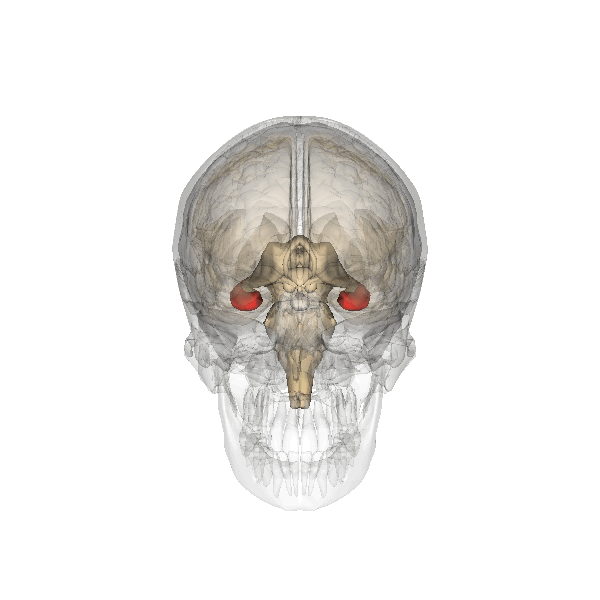A poor sense of direction may be an early sign of Alzheimer’s disease, study suggests
POOR direction, and getting lost in new surroundings may be an extremely early sign of Alzheimer’s disease.

New research indicates that an early symptom of Alzheimer’s disease can take the form of a commonly overlooked issue, one that can appear nearly 20 years before the disease can be officially diagnosed.
This is getting lost easily and having difficulty navigating.
The study — since published in the Journal of Alzheimer’s disease — split participants into three groups: people with preclinical Alzheimer’s disease that showed changes in their brain, people with Alzheimer’s-associated brain and spinal fluid changes, and people with early-stage Alzheimer’s.
These participants were measured against a control group of 42 healthy people.
Participants were tested on their ability to navigate a virtual maze after being given either 20 minutes to learn a preselected route, or, after they explored the maze with a joystick.
They then had to recreate their set route or find their way to landmarks within the maze.
The study found that the group with preclinical Alzheimer’s disease had little trouble remembering a set route, however they struggled to create a mental map of the maze.
These findings are consistent with other research on early stage Alzheimer’s patients.
A likely explanation for these findings is that Alzheimer’s first surfaces in the hippocampus (pictured below); an area of the brain that’s responsible for memory forming and for spatial navigation.
Denise Head, a senior author of the study, said in a statement: “These findings suggest that navigational tasks designed to assess a cognitive mapping strategy could represent a powerful new tool for detecting the very earliest Alzheimer’s disease-related changes in cognition.”
She added that spatial navigation tasks of this form were more sensitive at detecting preclinical Alzheimer’s than the standard episodic memory test.
“Future research should examine whether cognitive mapping deficits in individuals in preclinical Alzheimer’s are associated with an increased risk of developing symptomatic Alzheimer’s,” the research team noted.
To date Alzheimer’s doesn’t have a cure but new research suggests that blueberries, a “superfruit,” may help prevent the disease.




